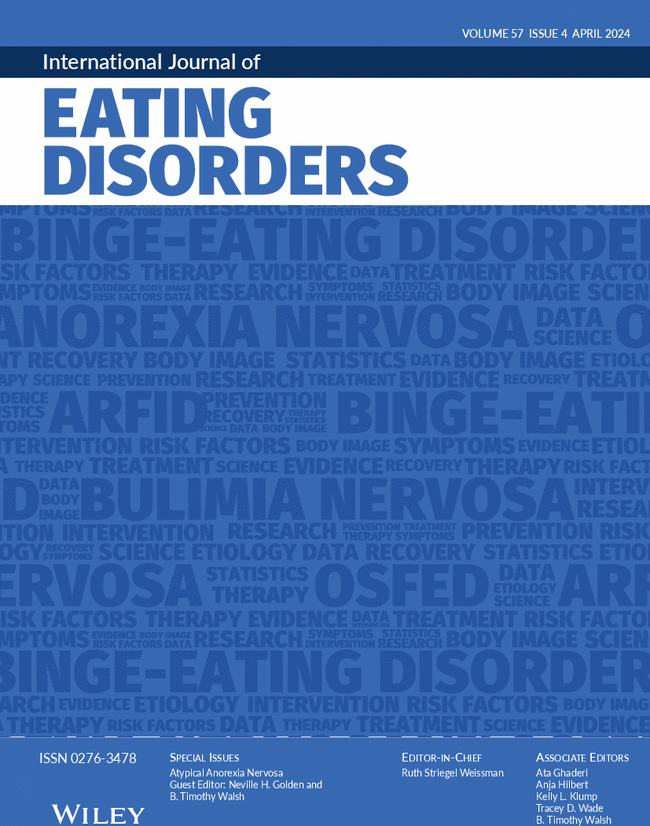Further Validation for a Measure of Disordered Eating in an Independent Sample of Male and Female Elite Athletes: The Athletic Disordered Eating (ADE) Scale
Abstract
Background
Elite athletes experience unique pressures and cognitions associated with disordered eating, which may not be appropriately captured by existing tools. The Athletic Disordered Eating (ADE) scale is a recently developed and first measure of disordered eating specifically developed and validated in current and former athletes. This study aimed to provide further validation for the ADE in an independent sample of elite athletes.
Method
Participants were 237 elite athletes (M Age = 26.1, SDAge = 8.6; 75.9% female; 73.0% current athletes) participating in various sports across Australia and the United States. Participants completed an online survey including the ADE, demographic questions, and other measures of eating disorder symptoms (Eating Disorder Examination—Questionnaire Short-form, Clinical Impairment Assessment), and related constructs. Twenty-five athletes also completed a clinical interview to determine eating disorder caseness.
Results
The four-factor structure of the ADE from the original validation was confirmed. Further, the ADE demonstrated adequate measurement invariance across male and female current and former athletes; internal consistency for the total score and each subscale; convergent and discriminant validity; and criterion-related validity—with a score of 40 balancing sensitivity and specificity against other scales with established cut-offs for a likely eating disorder. The high-risk cut-off (ADE ≥ 33) had high sensitivity but low specificity in identifying eating disorder cases, as confirmed by the clinical interview.
Discussion
The ADE is a low-time-burden screening tool for disordered eating, validated in independent samples of diverse athletes. It should be considered for future use in screening, early identification, and monitoring treatment progress in elite athletes.


 求助内容:
求助内容: 应助结果提醒方式:
应助结果提醒方式:


